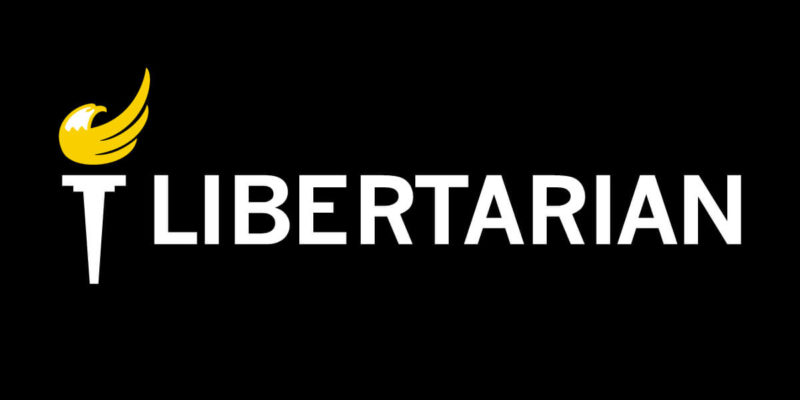By Richard Timberlake, Libertarian Party of Georgia member, author, and professional economist. Dr. Timberlake received his Ph.D. in economics after studying under Milton Friedman.
For the last six months, observers in the United States and the rest of the world have been watching an economic, all-markets disequilibrium trying to correct itself. Meanwhile, virtually every PBL (politician, bureaucrat, and lobbyist) in D.C. has been trying to prevent the necessary adjustment.
The markets out-of-equilibrium are primarily financial, mortgage, banking, housing, and others that got that way primarily because of the extra-market machinations of Fannie Mae, Freddy Mac, and Barney Frank. These elements are still in force, keeping the economic environment unstable so that equilibrium is delayed and warped. Other factors adding to the disequilibrium are the U.S. Treasury Department under Paulson and Geithner, and Ben Bernanke, Chairman of the Federal Reserve Board. Every time one of these officials promises a new government program, bailout, or stimulus, the stock market goes down another 200 to 500 points. The correlation is awesome. Taxpayers know, however, when they are being bilked, even if it’s in the name of “recovery.”
Markets are the most democratic of all institutions. They are millions of people, and thousands of households, firms and institutions making billions of decisions and economic adjustments. These markets in the United States are telling the world that capital values, including some human capital such as auto workers wages, are too high and must be bargained down to market-acceptable levels. Nothing physical has changed–almost nothing. Virtually all the buildings are still there, the same equipment, technology and other factors of production, the same land and houses. Markets are declaring, however, that capital values of this complex are too high. The solution is for some workers, say, the ones in the UAW who are costing their employers $62+ per hour (average), and the mortgage financial institutions that have “rolled the dice” and lost, to take their lumps and re-capitalize at (lower) market-acceptable levels.
The PBL, however, is expending every effort to prevent such an adjustment. At the same time, and as part of the maladjustment, the Federal Reserve System (the Fed) has loaded up the monetary system with high-powered money that is just waiting to be ignited by the commercial banking system, which is sequestering it. The Fed has doubled the monetary base, and continues to add to it. There is no “shortage” of money; quite the contrary. This new money will provide the alternative to a benign market-fix-without-inflation–that is, a market system with a central bank that is emphasizing its only viable duty to maintain a stable price level. The Fed’s budding “solution,” however, promises to be a market inflation that distorts dollar values profoundly, while reducing the value of the dollar by 25 to 50 per cent. Inflation does not create jobs. A severe inflation, such as the one that is imminent, is destabilizing: No one knows what real values are, or what they “should” be. The dollar not only loses a significant part of its real value, it also loses its utility for directing economic resources to their most productive channels. Inflating “our” way out, however, is the Big Government way of generating a “recovery.”.
So, what should the government do about the economy? It should get completely OUT! It should promise, through its central bank–since this institution controls the money stock, the price level, and the value of the dollar–to maintain a stable price level, while the major capital re-valuations occur in thousands of markets. The government should divorce itself from all ownership of private institutions and spending decisions in the private sector. It should abandon all spending programs and balance its budget at the level of last year’s total of tax revenues–a Red Line I have discussed before, so that economizing wealth holders in the private sector can heal this government-inspired disequilibrium.
I predict that if a highly placed government official, say, the Secretary of the Treasury, went on national television and suggested this line of action, the stock market would go up 1,000 points immediately. Markets, without any human “leadership” or design–the undesigned order–would begin immediately to rectify the disequilibria that have appeared. In a few months, the recession would be over; the dollar would be stabilized, and real economic activity would burgeon.

